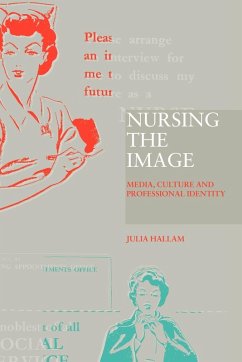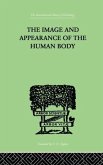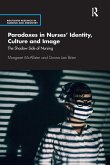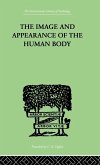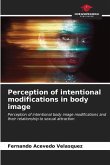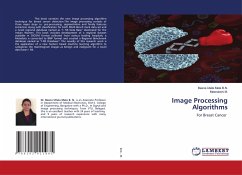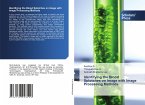Ideas of 'nursing' and 'nurses' carry a powerful social charge. The image of the nurse continues to be a symbol of caring and of duty at the same time as it projects a view of femininity, 'stereotypical' in its gender relations. How has this image come to be constructed? An empirical investigation of representations of nursing practices in Britain focusing on publicity and promotional materials and their relationship to popular fictional narratives reveals a strong correlation between what are usually described as discrete forms of signification. Recruitment images, provide an important source of information and inspiration for those considering nurse training. Julia Hallam, draws from a wide range of sources including biographies, marketing and recruitment literature, popular fiction and film to explore this question. In doing so she makes an original contribution to the debates surrounding gender and occupational identity. The book will provide a valuable resource for undergraduate and postgraduate students on courses such as the social history of nursing, the understanding of health and illness, women's studies, gender studies and sociology courses.
Hinweis: Dieser Artikel kann nur an eine deutsche Lieferadresse ausgeliefert werden.
Hinweis: Dieser Artikel kann nur an eine deutsche Lieferadresse ausgeliefert werden.

